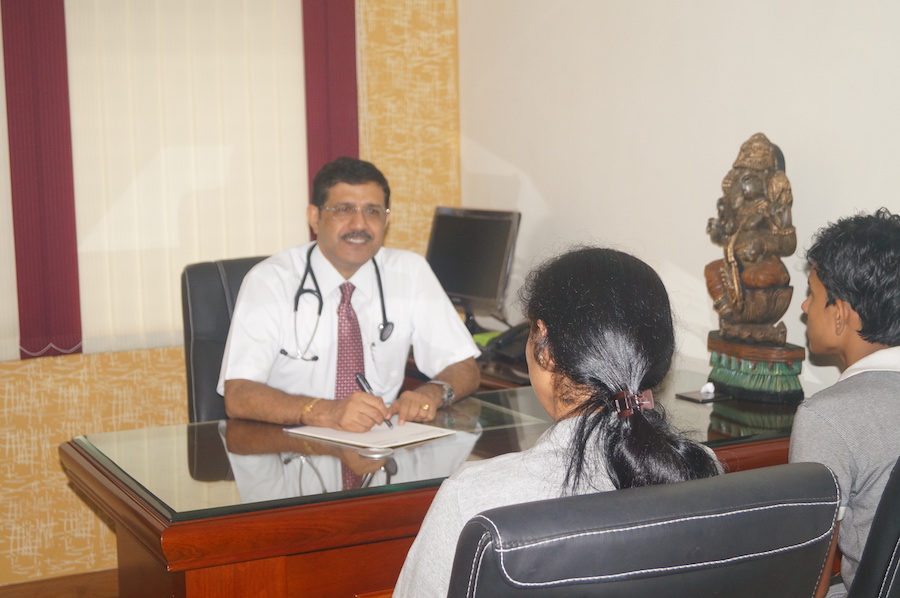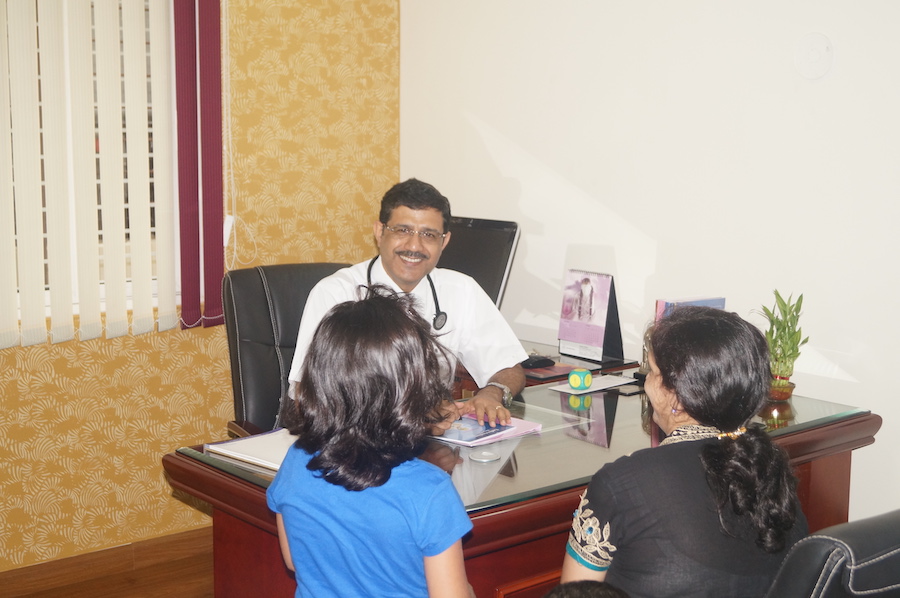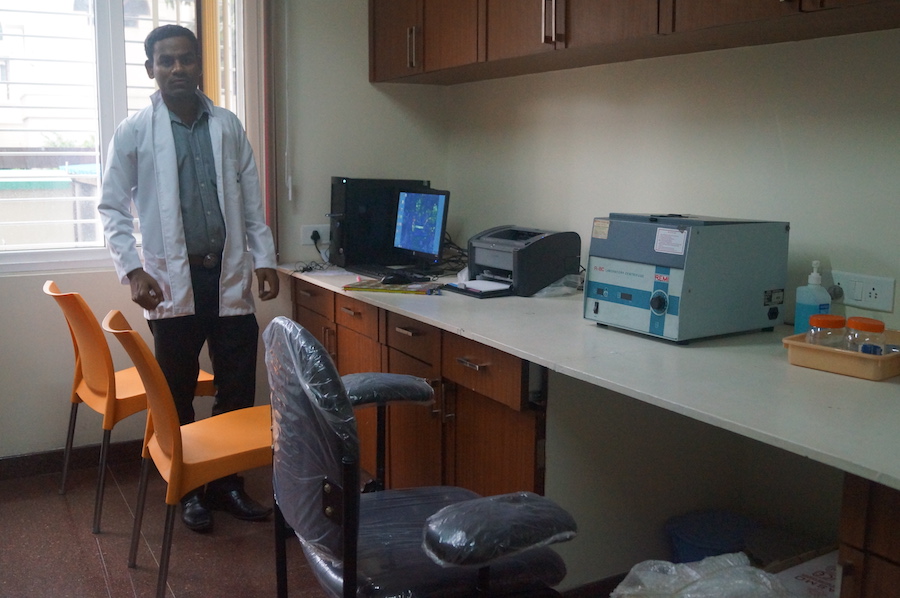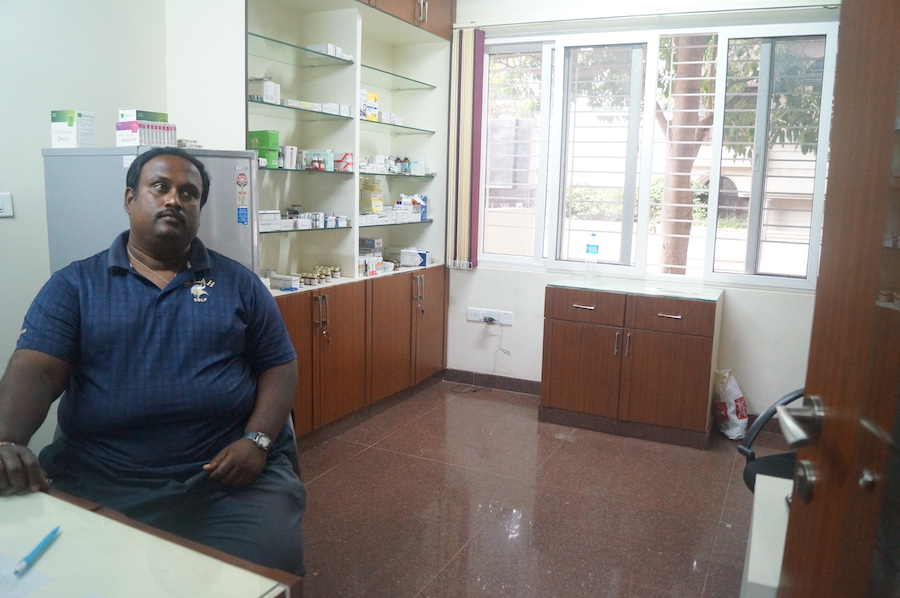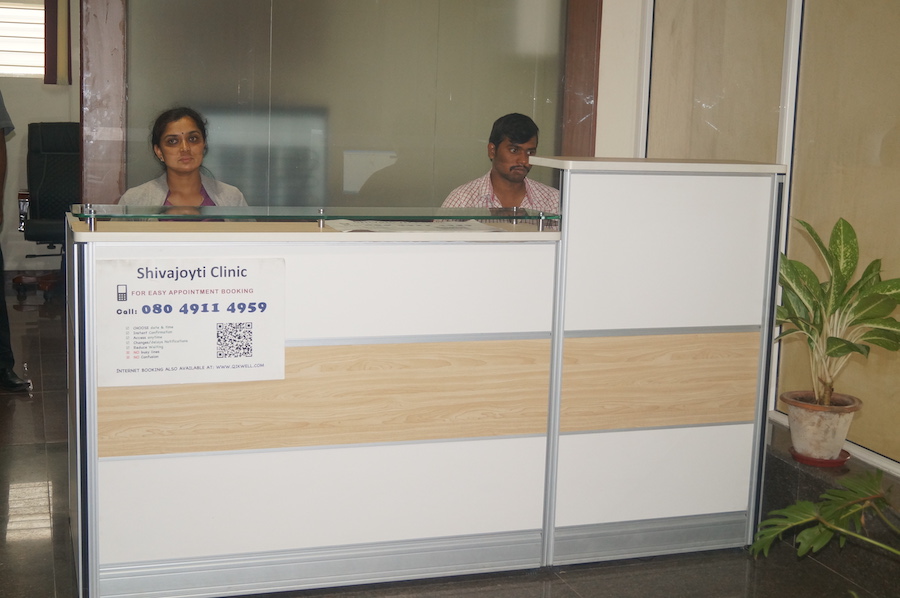Sushruta Diabetes and Endocrinology Research Trust has been registered in the year 2004. The purpose of the trust is create awareness among common people about the importance of early diagnosis, proper monitoring and treatment of Diabetes and Hormonal disorders.
We are to help poor patients with Diabetes in providing free consultation and medication that is possible within our capacity.
What is ENDOCRINOLOGY?
The word “Endocrine” means hormone and the branch of medical science that deals with Hormone is called ENDOCRINOLOGY. Hormones are chemical substances secreted by special glands in the body and taken to different parts of the body by blood for action.
They are very important and most of them are life-saving, which means without them we cannot survive. Some examples are Insulin, Thyroid hormone, Hydrocortisone, etc. Others are very much needed for well being for our day to day life.
Hormonal diseases are difficult to diagnose and Doctors require special training to tackle problems with hormonal imbalance. Hormones are important from the first day of life. Different hormones have role in growth of children of which the most important ones are Growth hormone and thyroid hormone.
Puberty is one such time when sex hormones play the most important role in developing identity and is a very critical stage of life for all of us. Needless to say, childhood Diabetes needs special care as we are not able to use the word “Cure” for Diabetes till date. The other uncommon but important problem in children are ambiguous genitalia, Pituitary and Adrenal disorders.
Diabetes is the commonest Endocrine disease in adulthood. Endocrine disorders in adulthood include the problem with,
- Thyroid gland (Goitre, under- and over-active thyroid, thyroid cancer)
- Pituitary gland (under-active called Hypopituitarism, Pituitary tumour)
- Adrenal Gland (under- and over-secretion of Adrenal hormones, cancer of the Adrenal glands)
- Ovary and Testes (a sexual problem in men and women, period problem on women
- Hormone replacement therapy after menopause in women, etc).
We now recognise over the last several years the importance of Bone metabolism, the role of Calcium and risk of Osteoporosis or Brittle bone disease. Treatment of all these requires understanding, patience and expertise.

